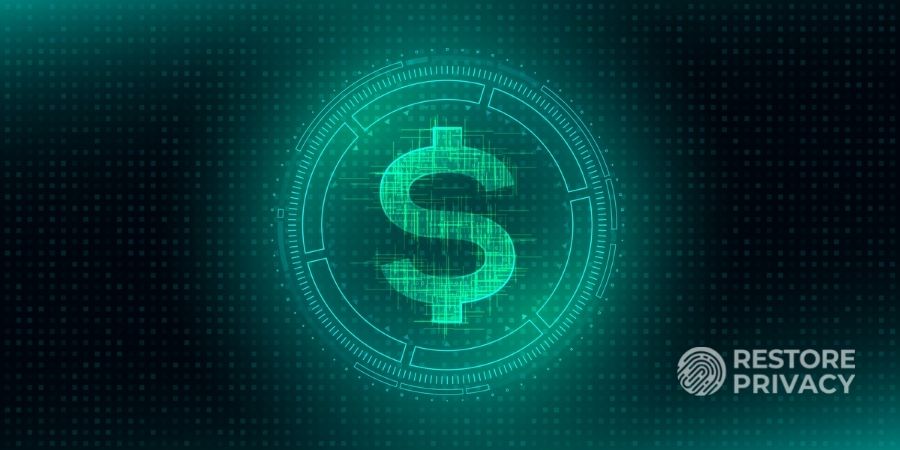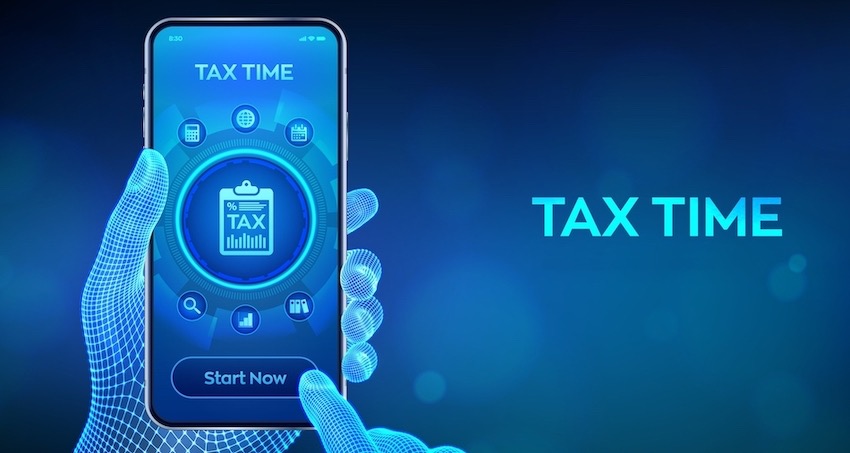
Central Bank Digital Currencies (CBDCs) are a growing topic of debate worldwide. Advocates of this type of digital money cite potential benefits, such as the ability of the unbanked to better participate in the economy, and a generally more efficient financial system.
But not everybody is impressed. Critics note that a CBDC could disrupt the big Wall Street banks and harm the payment processing business that currently handles financial transactions.
Here at RestorePrivacy, we’re focused on the privacy implications of CBDCs. And based on our research, there is a lot to be concerned about.
Financial privacy with CBDCs vs cash
CBDCs are often described by advocates as replacements for inconvenient, “unsanitary” cash (in a post-COVID world). While a central bank digital currency could be used in place of cash, that doesn’t mean it would have the exact same characteristics as cash.
When you buy something with cash, you take physical currency units (dollars, rupees, whatever) and physically hand them to the seller. Generally speaking, only you and the seller know about the transaction, which makes this a private transaction. And with a little care, you may be able to arrange things so that the seller doesn’t even know who you are, making it an anonymous transaction.
Now let’s imagine the same transaction using a CBDC. Instead of handing the seller some physical currency units, you transfer some digital currency units from your digital wallet to the seller’s digital wallet. From this perspective, the transaction looks the same, aside from the form of the currency.
But all units of a CBDC must be tracked by the Central Bank at all times. If they are not, some smart hacker would figure out a way to counterfeit them or spend them more than once. This is known as the double-spending problem, and it has plagued all attempts at producing a viable digital currency until the introduction of Bitcoin.
To prevent double spending, the Central Bank will always know which wallet holds every single unit of their digital currency at all times. This means the Central Bank will have a record of every transaction that occurs. And consequently, financial privacy is lost.
Can CBDC transactions be anonymous?
Theoretically, a CBDC could be designed to support anonymous transactions. But the chances of that happening are about zero. As David G.W. Birch argues in this Forbes article, no government will allow anonymous digital currency.
One of the “benefits” governments use to promote their digital currency plans is the ability to stop criminals from using the currency for nefarious purposes. And the way to do that, they argue, is to prevent anonymous transactions.
This also lines up with the arguments we have been hearing about eliminating cash. Cash also poses problems for governments that want to eliminate black market transactions.
With CBDCs, the tax collector cometh
And let’s not forget about taxes, the elephant in the room. A CBDC is a tax collector’s dream come true. By eliminating all privacy and having a record of every transaction, then every transaction (and individual) can be taxed by the government.

With governments around the world struggling to pay off debt and current obligations, rolling out a CBDC will become all the more attractive.
Can CBDC transactions ever be private?
Given that an anonymous CBDC looks very, very unlikely, could one be designed to allow at least some degree of privacy with transactions? Let’s start by agreeing that a private transaction is one where only the two parties involved in the transaction know each other’s identities.
If this is the case, then according to a recent paper by Sweden’s Riksbank, private CBDC transactions are impossible. The paper, titled On the Possibility of a Cash-Like CBDC, points out that no matter how you design a CBDC, it must include a record of all the transactions. That record also has to know the identities of the parties involved in the transaction. This makes real privacy impossible.
Of course, whoever controls the record could promise to keep your transactions private (unless they need to expose them for some good reason). But trusting a person or organization to keep your transactions private is a far cry from the kind of end-to-end, cryptographically secured privacy provided by the products and services we favor.
Is China the future?
China has already introduced its digital yuan, which is being called the “e-yuan”. This is a particularly scary version of CBDC that seems designed as much to control the populace as to make people’s lives easier. While the launch so far seems to have been a failure, it hasn’t stopped dozens of other countries from at least considering the implementation of their own central bank digital currencies.
It seems only a matter of time before most countries impose a CBDC on their citizens while simultaneously pressuring the populace to abandon the use of cash. While CBDCs do indeed offer some benefits, those benefits will come at the cost of your financial privacy.

 UPDATED: Here’s What Really Happened with the LimeVPN Hack
UPDATED: Here’s What Really Happened with the LimeVPN Hack
Need to be able to convert federal digital currency into an anonymous form.
Say you get your ‘paycheck’.
You want to take the entire amount and convert it into another digital form that every business will take and it be 100% anonymous.
McDonald’s does NOT need to know WHO I AM.
Neither does the gas station, grocery store, etc.
And if you can convert it and use it without a problem, you can thwart the expiration of those funds.
Feds would only know that you spent it on something and after that have no idea what you spent that on afterwards.
Something the Feds cannot say no to you exchanging it.
Best comment on here – absolutely agree with you.
Having friends in Lebanon and South America, it’s interesting understanding how much the informal economy takes hold once corruption and censorship sets in. Not ideal, but humans are flexible and needs must
If the official system worked, there would be no need for a black market!
This is a VERY scary future!!!